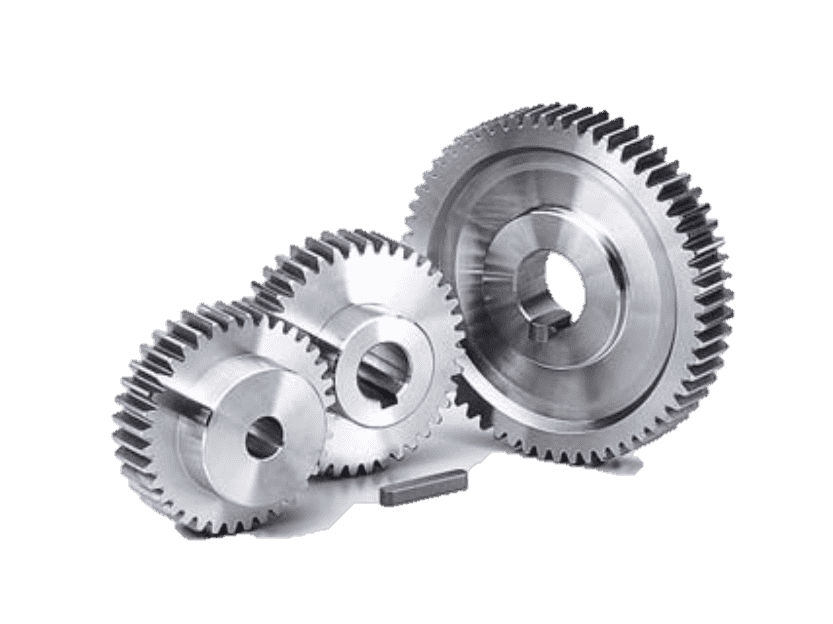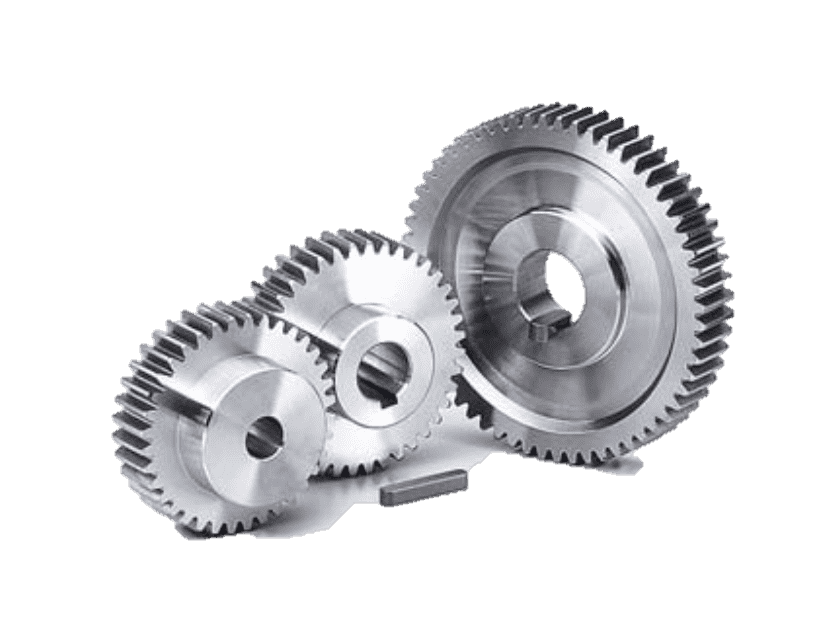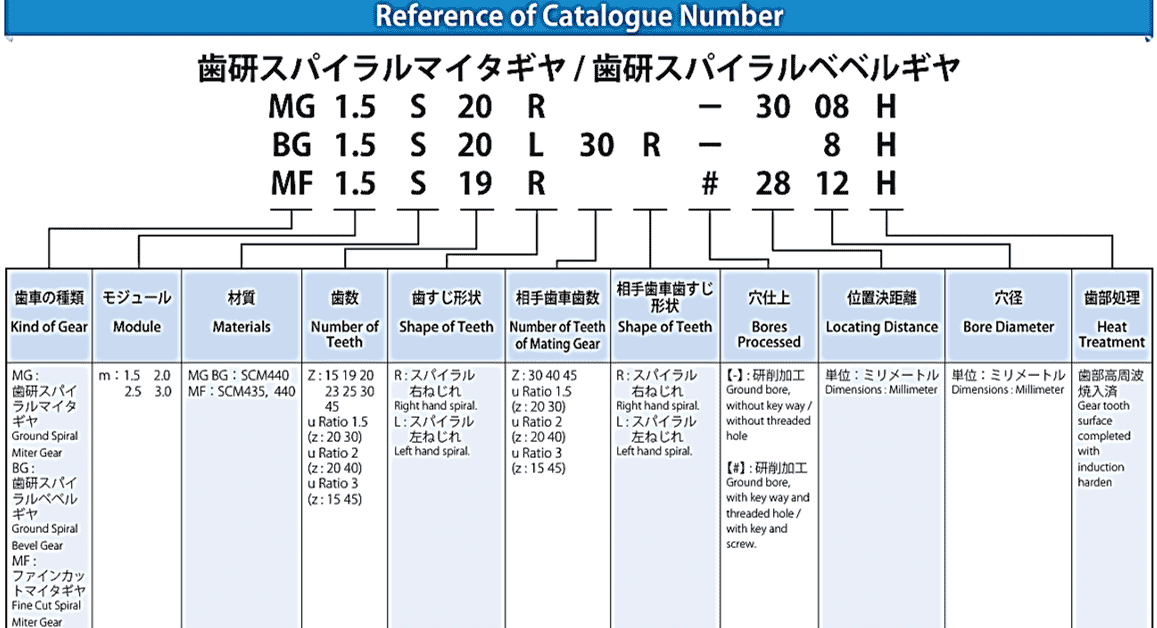How to Maintain Gears in Harsh Indian Conditions

How to Maintain Gears in Harsh Indian Conditions
Gears are the backbone of industries such as manufacturing, agriculture, automotive, and construction, transmitting power and motion efficiently. However, India’s diverse climatic conditions—extreme heat, monsoons, dust storms, and humidity—pose significant challenges to gear longevity. Poorly maintained gears can lead to operational downtime, safety risks, and financial losses. According to a 2022 ASSOCHAM report, equipment failure accounts for 15–20% of unplanned downtime in Indian industries, costing businesses over ₹50,000 crore annually. To mitigate these risks, proactive maintenance strategies and high-quality lubricants, such as those offered by Filium Enterprises, are critical.
Challenges to Gear Longevity in Indian Conditions
-
Extreme Temperatures
India’s summer temperatures often exceed 45°C in regions like Rajasthan and Gujarat. Prolonged exposure to heat causes gears to expand, accelerating wear and tear. Thermal degradation of lubricants is another concern, as high temperatures reduce oil viscosity, compromising its protective film. -
Dust and Particulate Contamination
Northern and western India face frequent dust storms, with PM2.5 levels in cities like Delhi exceeding WHO limits by 20x. Dust ingress into gear systems increases friction, leading to surface abrasion (pitting) and premature failure. -
Humidity and Monsoon Rains
Coastal areas (Mumbai, Chennai) and the northeastern region experience humidity levels above 80% and heavy rainfall. Moisture ingress causes corrosion, rust, and lubricant emulsification, weakening gear teeth. -
Heavy Loads and Overloading
Industries like mining and construction often operate gears beyond their rated capacity. A 2023 survey by the Indian Institute of Technology (BHU) found that 30% of gear failures in heavy machinery stemmed from overloading. -
Irregular Maintenance Practices
Many small and medium enterprises (SMEs) delay maintenance due to cost concerns, exacerbating wear. The same ASSOCHAM report notes that 60% of SMEs lack structured maintenance protocols.
Effective Gear Maintenance Strategies
-
Regular Inspections and Monitoring
- Conduct monthly visual inspections for cracks, misalignment, or pitting.
- Use vibration analysis tools to detect early signs of imbalance.
- Thermography can identify overheating caused by friction or lubrication issues.
-
Optimal Lubrication Practices
- Choose High-Performance Lubricants: In harsh conditions, standard lubricants degrade quickly. Filium Enterprises’ High-Performance Industrial Gear Oil FG-320 is engineered for Indian climates. It retains viscosity up to 50°C, resists oxidation, and has a high load-bearing capacity (tested under FZG DIN 51354/2).
- Monitor Lubricant Quality: Check for contamination (water, dust) using oil analysis kits. Replace lubricants every 500–1,000 operating hours.
- Apply Correct Quantity: Over-lubrication attracts dust; under-lubrication increases friction. Follow OEM guidelines.
-
Sealing and Filtration Systems
- Install high-quality seals to prevent dust and moisture ingress.
- Use desiccant breathers to control humidity within gear housings.
-
Load Management
Avoid exceeding 85% of the gear’s maximum load capacity. Install torque limiters in high-stress applications. -
Corrosion Prevention
- Apply anti-rust coatings on gear surfaces.
- Store spare gears in climate-controlled warehouses with humidity below 50%.
-
Training Workforce
Train operators to identify unusual noises, vibrations, or leaks. The National Skill Development Corporation (NSDC) reports that proper training can reduce gear failures by 25%.
Role of Filium Enterprises in Gear Maintenance
Filium Enterprises, a leading industrial solutions provider in India, addresses the unique needs of gear systems through innovation and quality. Their flagship product, High-Performance Industrial Gear Oil FG-320, is formulated with synthetic base oils and anti-wear additives (ISO VG 320 certified). Key benefits include:
- Thermal Stability: Maintains viscosity under extreme heat (tested up to 120°C).
- Dust Repellence: Polymer additives prevent particulate buildup.
- Corrosion Resistance: Protects gears in humid environments (80% humidity tested).
A case study in a Rajasthan cement plant showed that switching to FG-320 reduced gear replacement costs by 40% and downtime by 30% over 18 months. Filium also offers customized maintenance workshops, helping industries adopt predictive maintenance techniques.
Statistics Highlighting Maintenance Impact
- 20–30% Longer Gear Life: Proper lubrication and sealing (Indian Institute of Science, 2021).
- 50% Reduction in Failures: With regular oil analysis (FICCI survey, 2023).
- ROI on Training: Every ₹1 spent on operator training saves ₹5 in repair costs (NSDC data).
Conclusion
Maintaining gears in India’s harsh conditions demands a blend of preventive practices, advanced lubricants, and workforce training. Filium Enterprises stands out as a trusted partner, offering solutions like FG-320 gear oil that combat heat, dust, and humidity. By integrating these strategies, industries can enhance operational efficiency, reduce costs, and achieve sustainability in a competitive landscape.
*(








